The MA Experience Design [MAD-X] (originally MSc Digital Futures, founded 2000, transitioned to MRes Digital Art and Technology, depreciated 2023) is an interdisciplinary, research-focused programme designed for artists, interaction designers, musicians, game developers and innovators to develop their own practice. From 2020 MA Game Design seeks to push boundaries and build new worlds of play and ludic experiences. These programmes nurture innovation and experimentation by challenging the boundaries of digital arts and creative media practice across the traditional disciplines.
m-DAT comprises:
 To paraphrase Philip K. Dick, ‘we can Design that Experience for you wholesale’. Our MA Experience Design brings together distinct skills and research in immersion, interaction and storytelling and bridges the gap between creative technology, narrative and business. The course will develop innovative and entrepreneurial creatives who can work across the huge and rapidly expanding industries that rely on such skills, including the immersive, interactive, games, performance, film and digital creative industries.
To paraphrase Philip K. Dick, ‘we can Design that Experience for you wholesale’. Our MA Experience Design brings together distinct skills and research in immersion, interaction and storytelling and bridges the gap between creative technology, narrative and business. The course will develop innovative and entrepreneurial creatives who can work across the huge and rapidly expanding industries that rely on such skills, including the immersive, interactive, games, performance, film and digital creative industries.
Dick, P. (1966) We Can Remember It for You Wholesale, The Magazine of Fantasy & Science Fiction, (April), pp 4-79.
 MA Game Design blends entrepreneurial activity with ludic theory and creative practice. Game Design takes your skills to the next level through 3D modelling, 2D art and animation skills, level design and gameplay coding. Games industry experts will guide you through aspects of game design and development, game theory, and real-world industrial contexts. We seek innovators in this rapidly evolving field, people looking to push boundaries and build new worlds of play and ludic experiences.
MA Game Design blends entrepreneurial activity with ludic theory and creative practice. Game Design takes your skills to the next level through 3D modelling, 2D art and animation skills, level design and gameplay coding. Games industry experts will guide you through aspects of game design and development, game theory, and real-world industrial contexts. We seek innovators in this rapidly evolving field, people looking to push boundaries and build new worlds of play and ludic experiences.
m-DAT is immersed in i-DAT’s Research and provides an evolutionary path to i-DAT’s Post Graduate Research awards.

i-DAT / m-DAT Studio, 201 Roland Levinsky Building…
Alumni (RND):
m-DAT has an international alumni of over 80 digital creatives operating across all sectors of society. After a break in continuity i-DAT is working to bring them all together under this page. If you are one and see this, get in touch:-) So far we have recovered/& counting {in RND()order}...:
External Examiners:
A big thank you to our External Examiners:
Rachel Armstrong/Roy Ascott/Gillian Crampton Smith/Karel Dudesek/Ian Gwilt/Kavita Hayton/Paul Sermon/Neil Spiller/
Future History:

Supported by streaming media services online Virtual Reality spaces the taught Masters programme has evolved significantly over the last 20 years.
MSc Digital Futures had syncretic relationships with:
- the MEDIASPACE Programme,
- the SPECTACTOR project
- and the Virtual Advisor with support from Brian Eno.
Some blurb from its previous incarnation as an MA/MSc/MRes Digital Art & Technology:
“MA/MSc/MRes Digital Art & Technology is an interdisciplinary postgraduate programme. The programme forms a part of i-DAT [the Institute of Digital Art and Technology] and reflects its overall activities as a creative environment for trans-disciplinary practice in digital art and technology, aiming to define and establish new fields of practice and critical discourse through the creative and innovative application of digital technologies.
The programme aims to reflect upon and actively engage with contemporary arts and technology practices. The programme is constantly upgraded to respond to changing cultural and technological developments, and is delivered through a combination online and offline activities (using streaming media, an interactive web site and online community tools and more traditional methods), and offered in either full or part-time modes. This offers great flexibility and reflects the changing contexts in which digital practices find their form. Unusually, this hybrid programme offers taught MA (Master of Arts) or MSc (Master of Science) awards, reflecting its interdisciplinary ambitions, and challenging many of the orthodoxies of how creative practices might be developed in the light of technological change. The MA/MSc distinction is characterised by either the tendency towards a more cultural or more technical application of the final project work. In addition, the programme offers a taught MRes (Master of Research) award in which students undertake a major research project underpinned by modules that deliver research and online learning tools.
The Digital Art & Technology Programme is unusual in offering a creative and practical course in a technology context and suitably offers arts and science awards. It has been organised into credit rated modules, which are delivered in concentrated teaching and learning blocks, supported by on-line teaching and learning components which incorporate a range of distance learning technologies, such as audio-video streaming lectures and multi-user environments (in such a way that if required each concentrated learning block can also be run as a stand-alone short course). Often, the face-to-face sessions (what we call ‘symposium’ sessions) take place off campus at appropriate cultural venues, and at other times in the labs of the University. Designed for part-time or full-time study, and by utilising on-line teaching elements, the programme provides flexibility for participants to manage a programme that suits their creative and professional needs.”
Some old MSc/MS Digital Futures weblectures, circa 2000, can be found here:
web5/web6/web7/web8/web9/web10
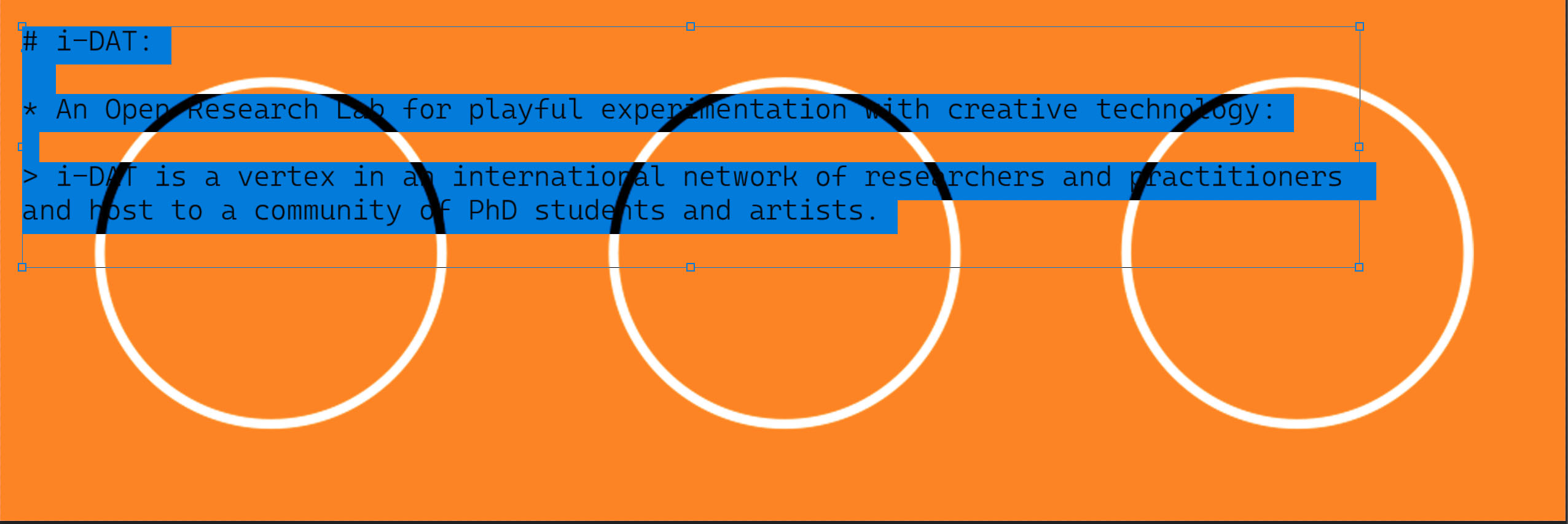
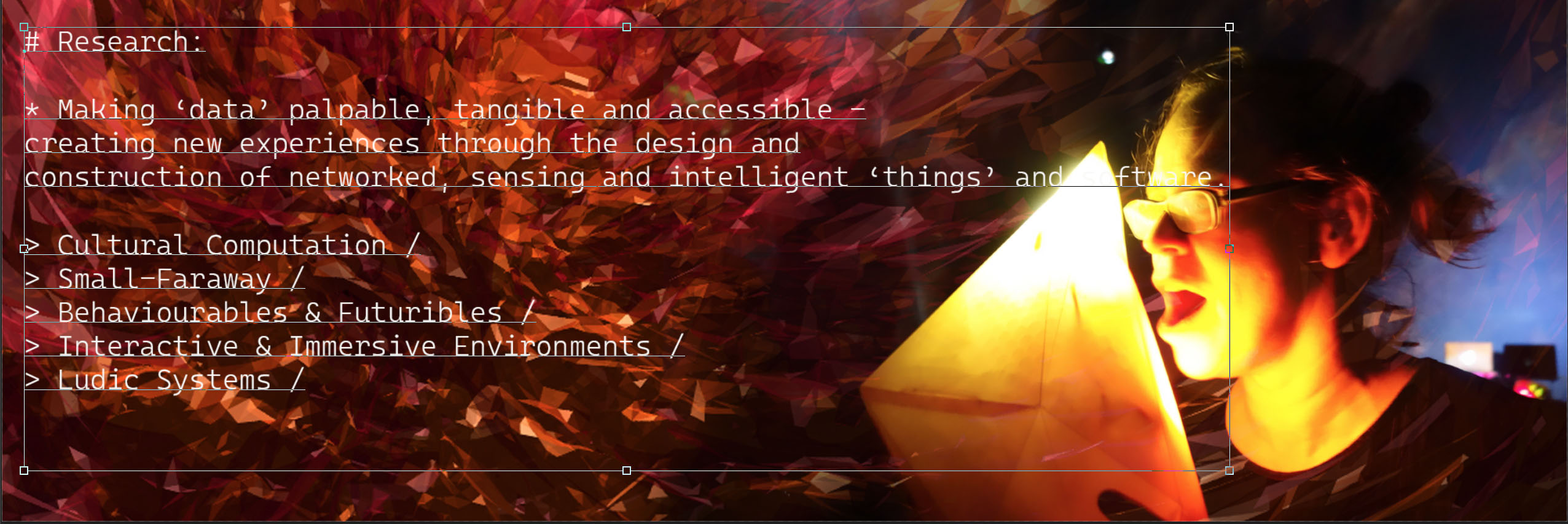
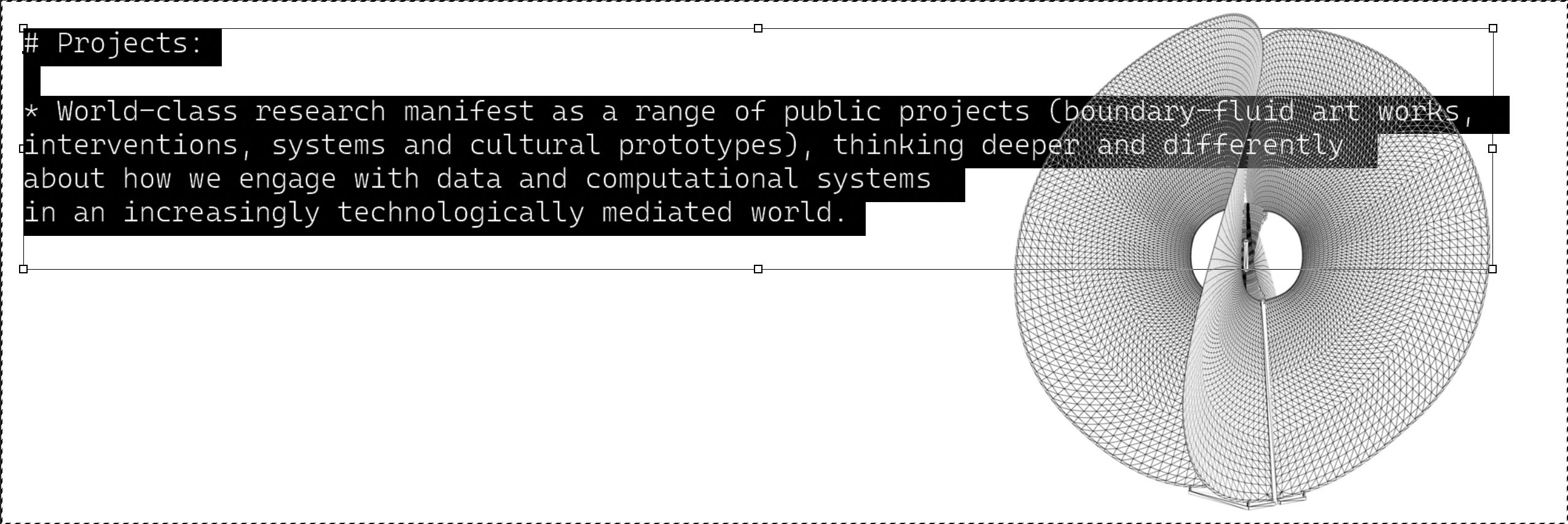
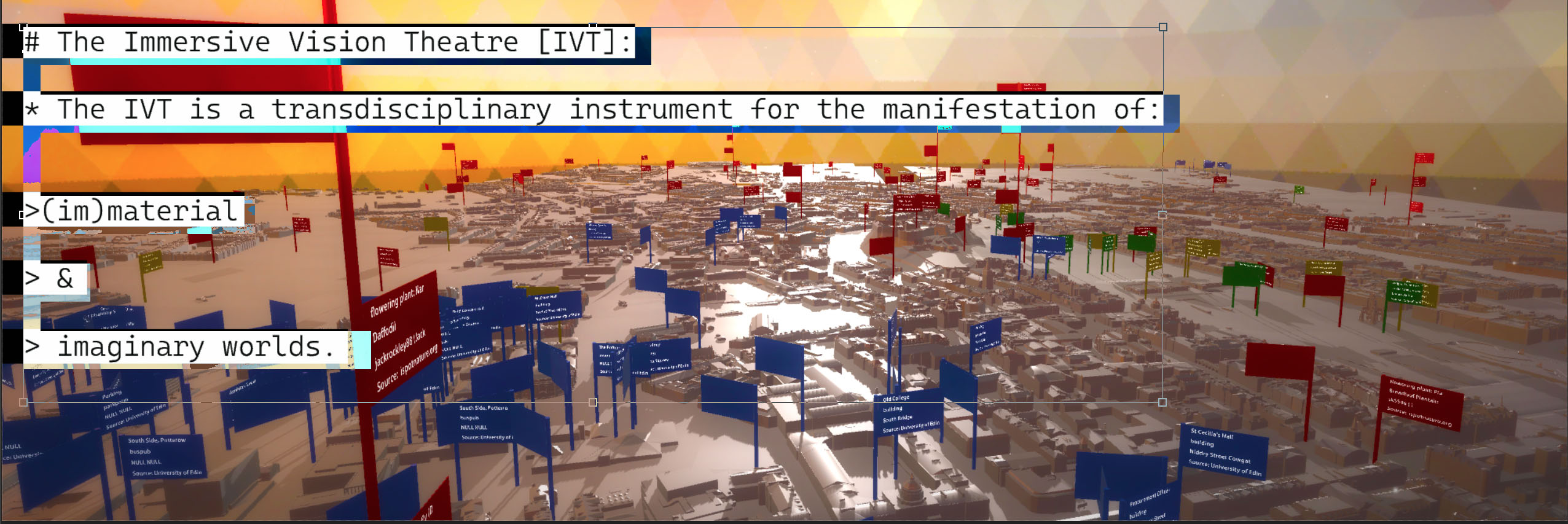
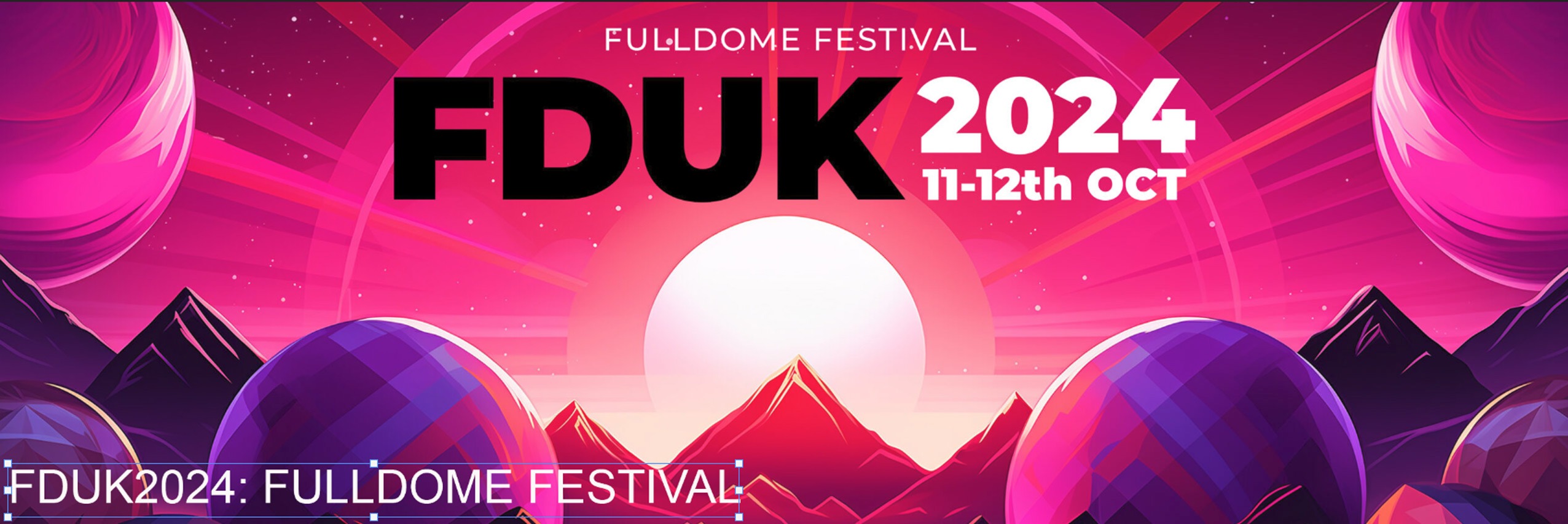
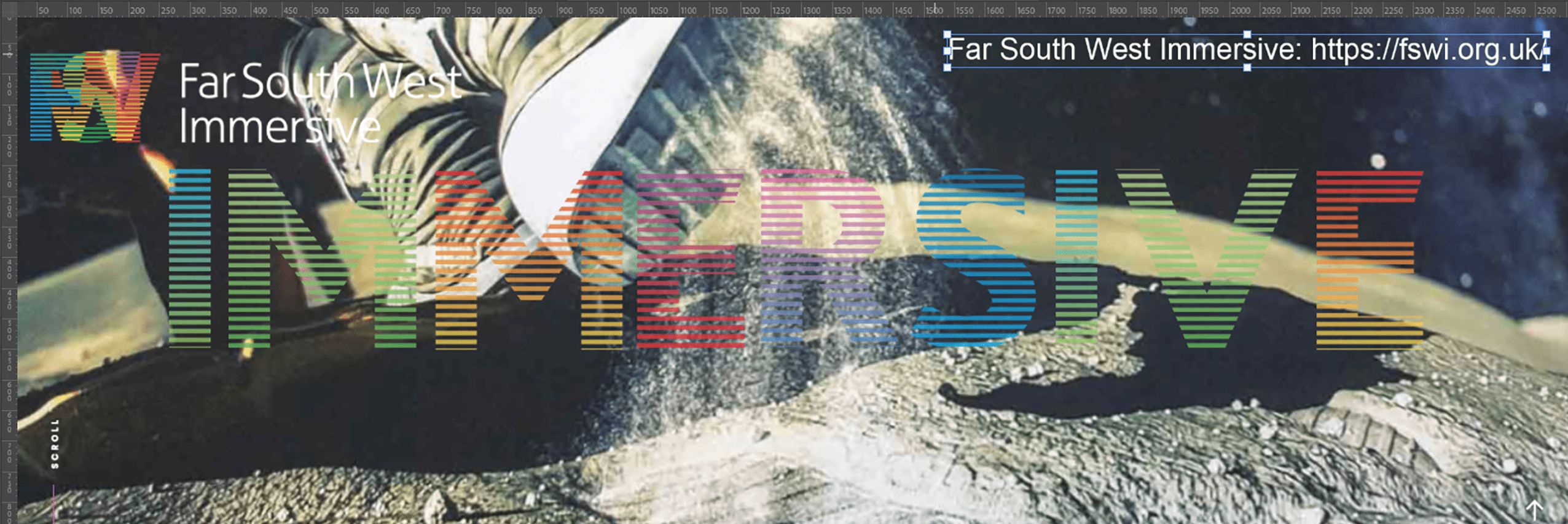




















 Alluminati
Alluminati












You must be logged in to post a comment.